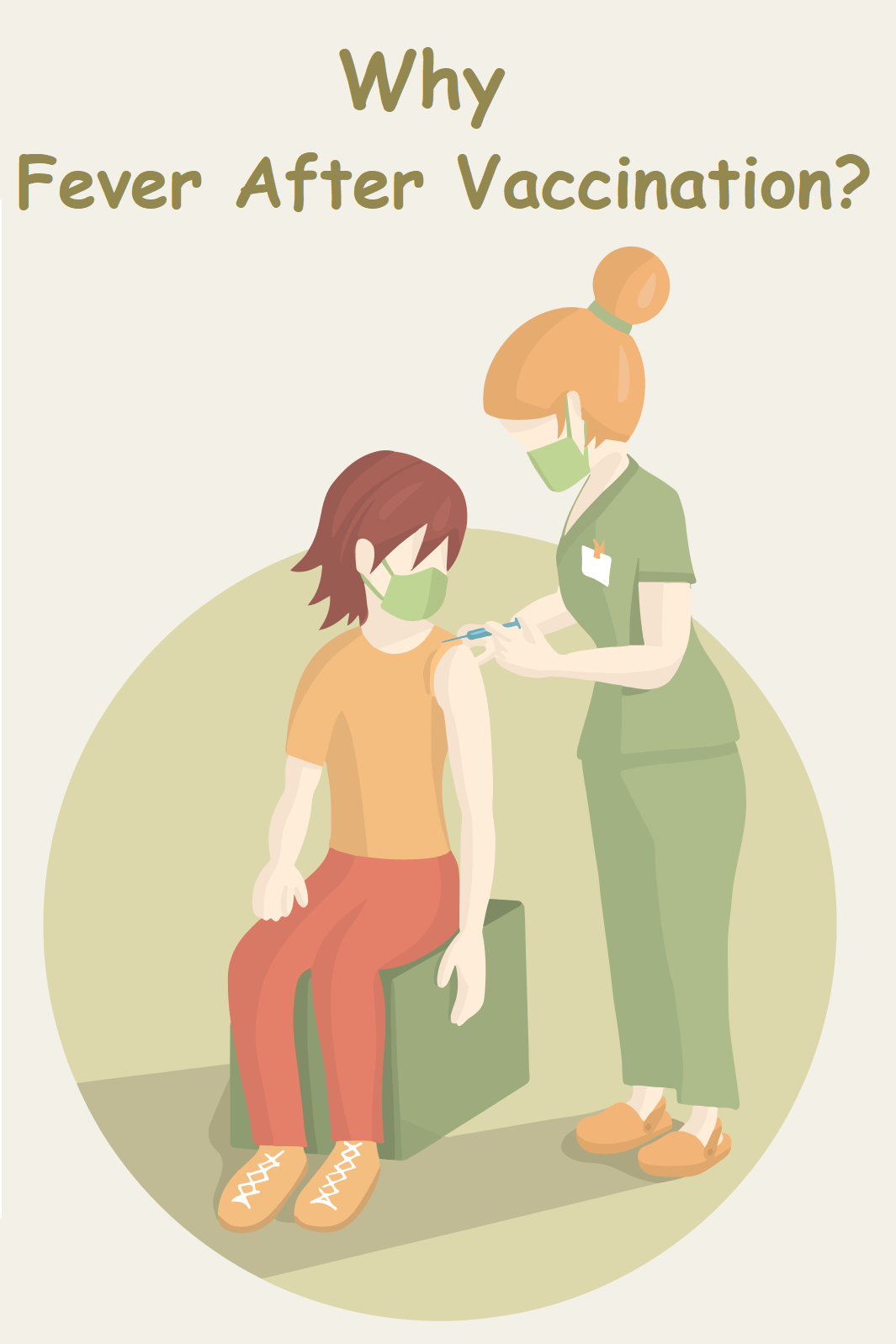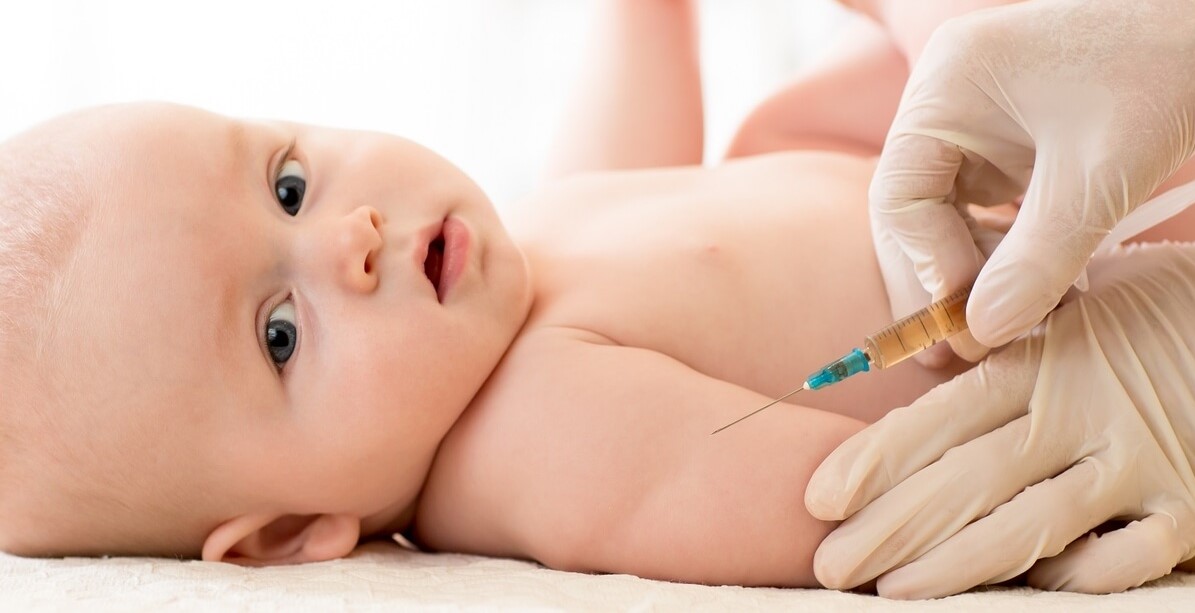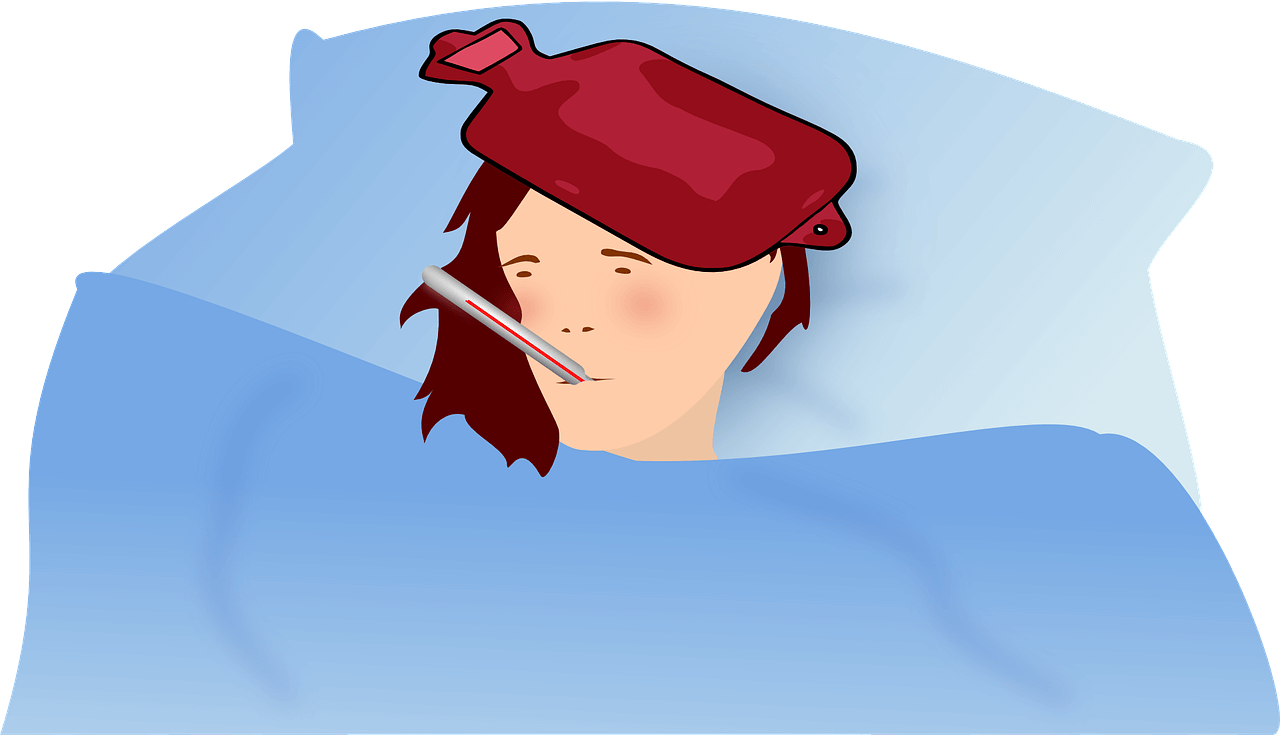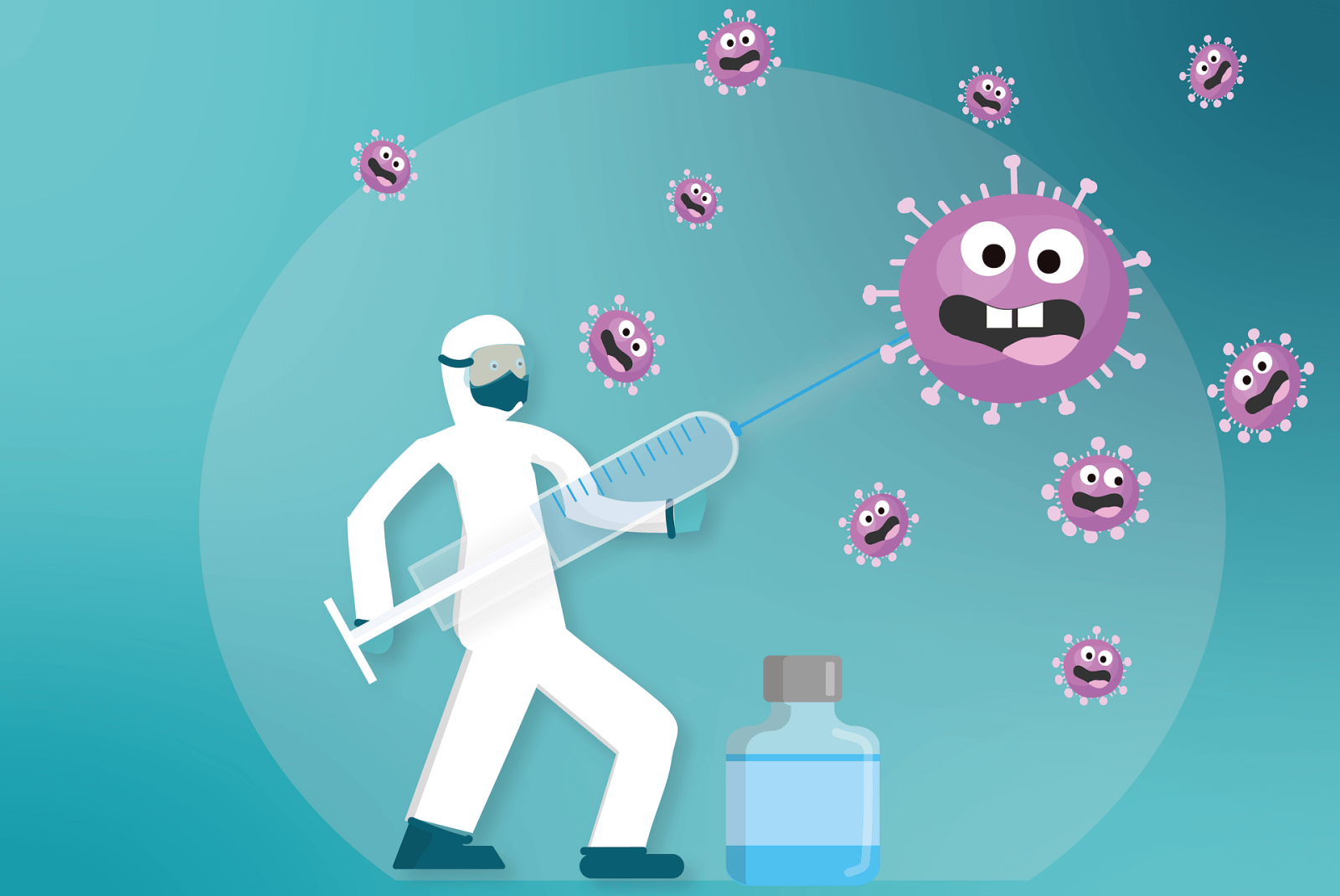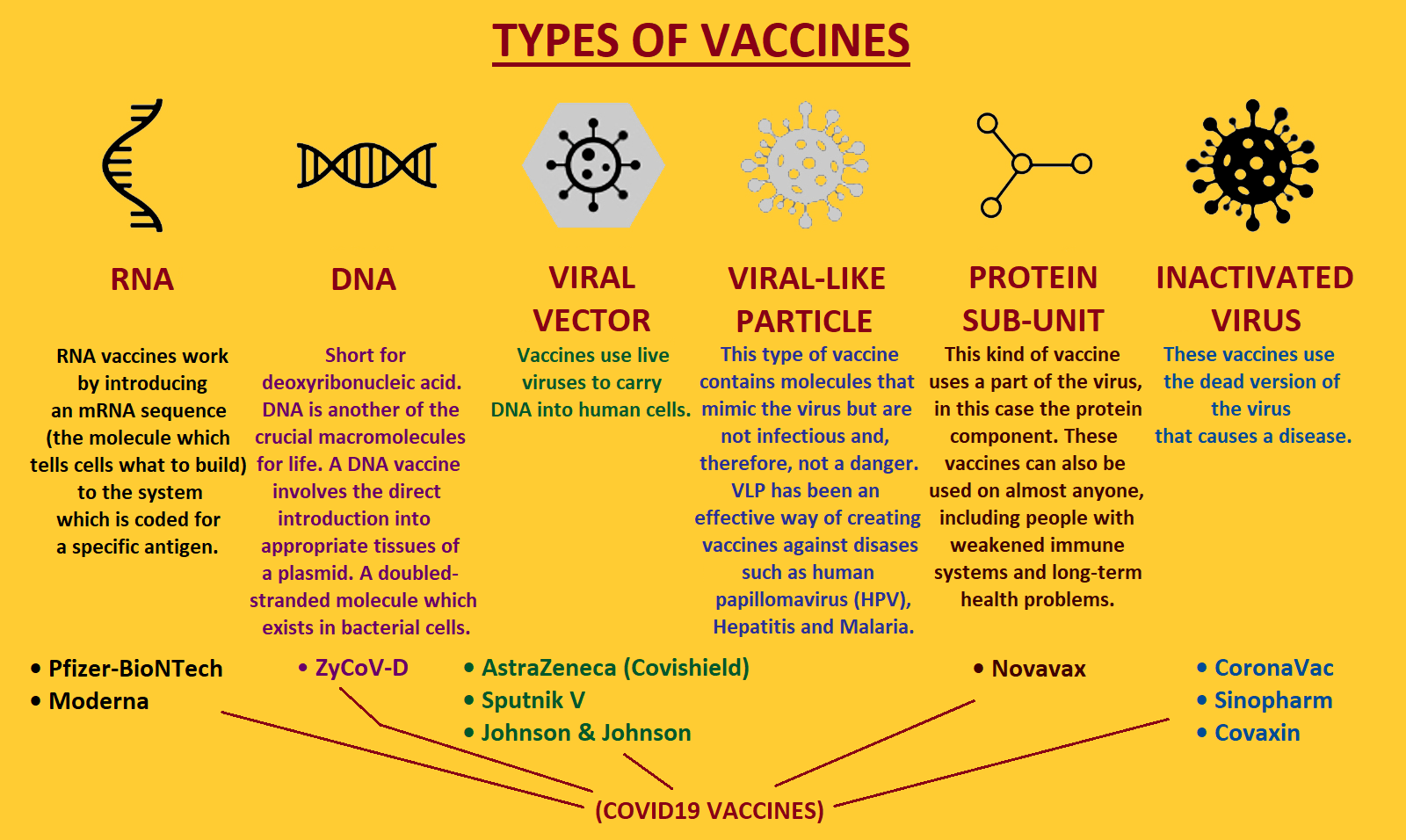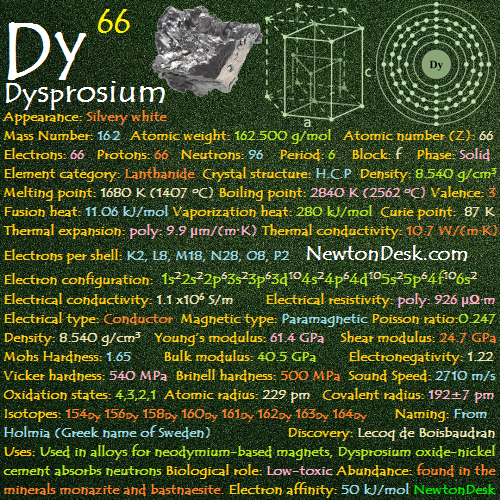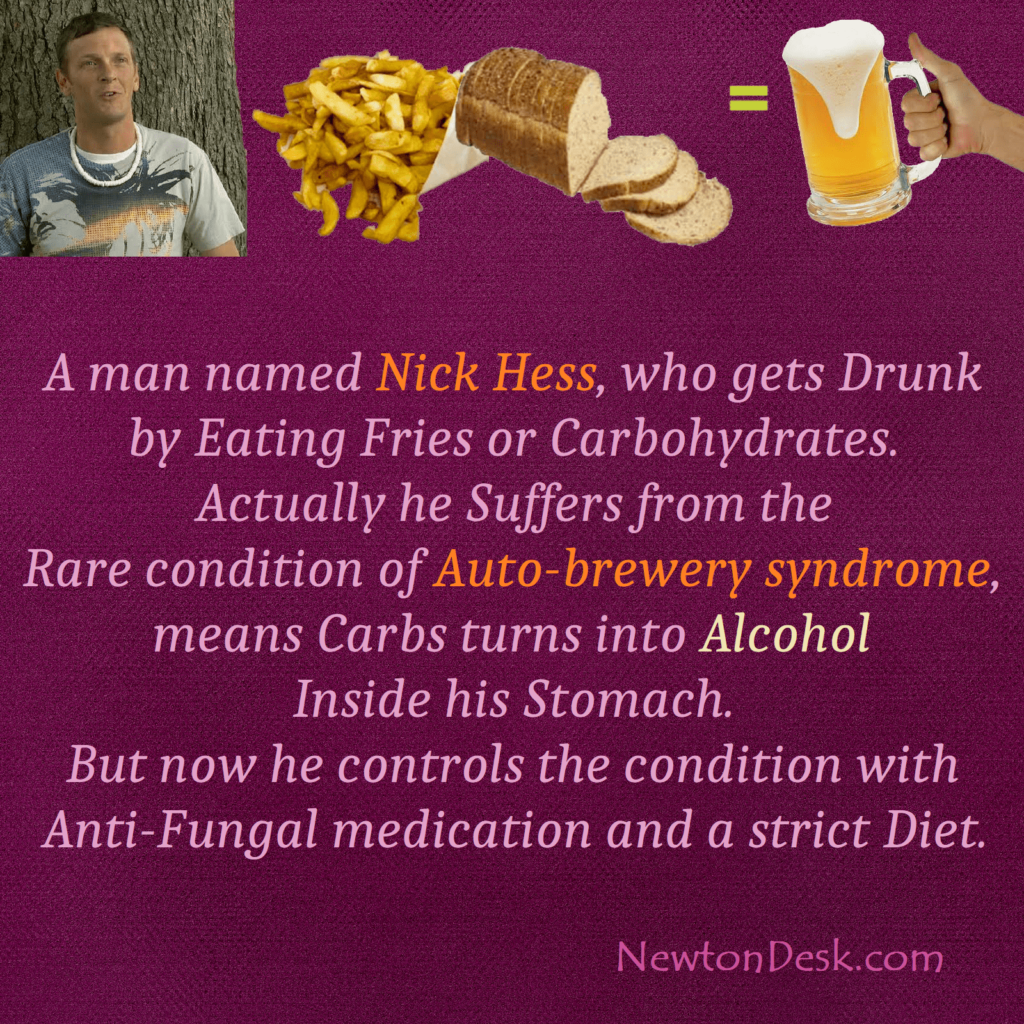Have you ever noticed that why does some people get fever after vaccination? Why babies get fever after vaccination? What’s the difference between babies & Adult vaccine (covid-19)? What’s the reason behind it? Let’s study about it.
CONTENT INDEX
Vaccination
As u know that vaccination help to prevents people from getting life-threatening diseases and hence are essential. One of the side effects of vaccination is fever. Generally, some babies experience high temperature after getting a shot, and this is normal. Its means that your child’s immune system is responding to the vaccination.
Why vaccines are given in childhood?
In order to better prevent diseases, your child should be vaccinated on time, starting at 2 months old. Infants and young children are at higher risk of vaccine-preventable diseases because their immune systems are less mature and their ability to fight infections is weaker. If a baby or young child is infected with a vaccine-preventable disease, it can be very serious and life-threatening. Getting your child vaccinated on time will provide you with the best protection as soon as possible.
Causes of Fever After Vaccination:
Vaccination prevents the diseases from infecting the body by making stronger the immune system to fight against the dangerous viruses or bacteria. The vaccine is made up of organisms like viruses or bacteria causing an infection against the viruses or bacteria. When vaccine enters the body, it activates the immune system of the body, which produces swelling cause of foreign particle (viruses or bacteria) to enters in the body. This swelling occurs at the site of injection and fever in the body. So, if babies get fever, it means that it’s a good indication of a good immune system in the body. If temperature of fever is high it means that it’s a matter of concern. There are some signs that you shouldn’t be Ignored:
1. High temperature fever
2. Vomiting or diarrhea
3. Pain in the stomach
4. fever more than 3 days
5. Fatigue
6. Pain in the limbs or ears
7. Dizziness
Now let’s study about the side effects of covid vaccines (Moderna, Sputnik V, ZyCoV-D, AstraZeneca (Covishield), Covaxin, CoronaVac etc…).
What are the Side Effects of Covid19 Vaccines?
There are some vaccines authorized by World Health Organization (WHO) for covid-19 which are Moderna, Sputnik V, ZyCoV-D, CoronaVac, AstraZeneca (Covishield) and Covaxin etc.. for the emergency use. These vaccines are safe but still there are some side effects, But it’s not applicable for all. Some people get side effects. Covid vaccine help our body develop immunity to fight against covid19 virus. The body left with a memory, which is t-lymphocytes and B-lymphocytes and antibodies that will remember how to fight that virus in the future. It typically takes a few weeks for the body to produce t-lymphocytes and lymphocytes after vaccination. Sometimes the symptoms of vaccination cause fever, dizziness, fatigue etc. These symptoms are normal and the sign of body is building immunity. So, it’s very important that you understand the minor side effects of covid vaccine and also, we will discuss some of the rare but serious complications that can occur. The most common side effects of covid19 vaccine after vaccination;
- Pain at the injection site
- Chill
- Muscle pain
- Chill
- Fatigue
- Weakness
- Dizziness
- Fever
- Headache
- Joints pain
- Swelling
- Injection site redness
- Nausea
Minor Side Effects
These side effects occur because your body is adapting to the vaccine. You see, vaccines work by an introducing small number of bacteria, viruses and toxin into the body. Because the bacteria, viruses or toxin has been killed or weakened, there’s no risk of contracting the diseases in question. So, if again this virus or bacteria comes into your body, your body will respond, you have an army of cells and antibodies will identify that virus or bacteria and ready to fight it.
Serious Adverse Effects
Serious side effects are very rare like yellow fever that is cause by virus. According to who serious side effects are very rare. It’s rate of 0.09 to 0.4 cases per 10,000doses of the yellow fever vaccine. Some people have allergic reactions. Some people have heart related problems for example; heart attacks in people of age 55-65 years old. Some heart attacks will occur in those vaccinated and some won’t. So, these are some serious side effects of covid19 vaccine.
How COVID-19 Vaccine Affects Your Body?
Now we should know about it how it does affect our body and build immunity in the body. If you have never had covid-19, your body doesn’t know how to fight it off. Vaccines helps improve your immune system to recognize the virus and be ready to attack. But as every people have different immune system; every people respond differently to the vaccine and the virus. Having side effects has nothing to do with the effectiveness of the vaccine.
So, let’s see what’s going on, once you get a shot of vaccine. it enters to your body; the mRNA vaccine instructs to your cells to create a spike protein. This simulates part of the SARS-cov-2 viral structure and tricks your body into believing that it’s been infected. The spike protein will then head to the surface of your cell. Your immune cells will detect these proteins that don’t belong and start making antibodies. If you catch the virus in the future, these antibodies will attach to spike proteins on both your infected cells and the coronavirus. This will mark them for immediate termination by your immune cells. The mRNA does not change your DNA in any way. Once the spike proteins are made, your body destroys mRNA.
When Side Effects Occurs and How to Minimize It after Vaccination?
5 minutes after your vaccine shot, you will feel some soreness in your arm. To be safe, the centers for disease control recommends you stay at the vaccination site for at least 15 minutes. In case of severe reaction while it’s rare, you could have anaphylaxis, which is an immediate allergic response. It causes a series of symptoms such a hives or swelling. Doctors will be available at all vaccination site. To treat you immediately with epinephrine. 4 hours after your vaccine you will feel nothing at all. But you could also get a slight headache or a low-grade fever. And feel tired. It is perfectly normal and it’s a sign that your immune system responds to that vaccine.
At this point, you may experience some mild symptoms as your body acclimatizes to the covid19 vaccine. You might feel tired or feverish. Be sure to get some rest and take the day off work if you need to. After 48 hours you should feel normal again. After 1-2 months you need to get second shot of vaccine. Your immune system would be stronger than the first time. After your second dose, you might feel feverish again. You could feel tired, You might get the chills. These reactions are more common, after the second dose of the vaccine. Usually go your fever after 2-3 days. After two weeks your second shot you would be fully vaccinated against the covid-19 virus. Vaccine can prevent hospitalization and death from corona virus. So, now you have the proper knowledge of that how vaccine does affect your body.
Types of Covid19 Vaccines
The various Sorts of Vaccine: There are three head approaches to manage arranging an antibody. Their disparities lie in whether they use a whole disease or bacterium; essentially the bits of the germ that triggers the resistant framework; or just the inherited material that gives the bearings to making explicit proteins and not the entire infection.
Inactivated Vaccine: the principal strategy to make an antibody is to take the disease passing on contamination or bacterium, or one fundamentally equivalent to it, and inactivate or kill it using fabricated materials, warmth or radiation. This philosophy uses development that has been shown to work in people – this is the way wherein occasional flu and polio immunizations are made.
Live-attenuated Vaccine: A live-diminished antibody uses a living yet incapacitated variation of the disease or one that is for all intents and purposes something very similar. The measles, mumps and rubella (MMR) immunization and the chickenpox and shingles immunizer are cases of this kind of counter acting agent.
Viral Vector Immunization: This kind of immunization uses a secured contamination to convey explicit sub-parts – called proteins – of the germ of interest so it can trigger a protected response without causing ailment.
The Subunit approach: A subunit immunization is one that solitary uses the very certain parts (the subunits) of a contamination or bacterium that the safe structure needs to see. It doesn’t contain the whole microorganism or use an ensured disease as a vector. The subunits may be proteins or sugars. Most of the antibodies on the young arrangement are subunit vaccinations, protecting people from ailments like Beating hack, Jaw spasming, Diphtheria and meningococcal meningitis.
The Genetic Methodology (Nucleic Acid Vaccine): Not at all like immunization advances toward that use either an incapacitated or dead whole organic entity or bits of one, a nucleic destructive counter acting agent basically uses a piece of inherited material that gives the rules to explicit proteins, not the whole microorganism.
Now I hope you get the proper knowledge about covid19 vaccine, vaccination and Its Side effects.
Poonam chhapola
